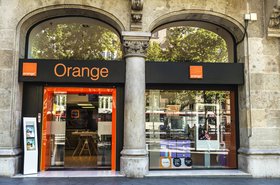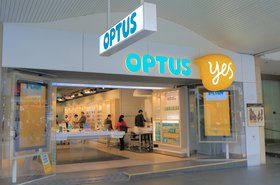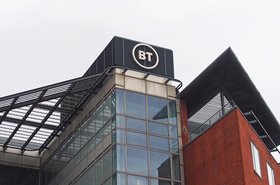The UK's Competition and Markets Authority (CMA) has kicked off its Phase 1 investigation into Vodafone UK’s joint venture agreement with Three UK.
If the deal, which was first announced in October 2022, is given the go-ahead, it will consolidate the UK telco carrier market from four to three.
The two companies agreed to a £15 billion ($18.5bn) merger in June to create the UK's biggest mobile operator, with more than 27 million combined subscribers.
The merger will give Vodafone a 51 percent majority stake in the combined entity, currently labeled as "MergeCo," with CK Hutchison's Three holding the remaining 49 percent.
According to the CMA, it now has up to 40 working days to assess the deal as part of a Phase 1 investigation.
This review is designed to identify whether the deal may lead to a ‘substantial lessening of competition’ and – if so – whether a more in-depth Phase 2 investigation is required.
"This deal would bring together two of the major players in the UK telecommunications market, which is critical to millions of everyday customers, businesses, and the wider economy," said Sarah Cardell, chief executive of the CMA.
"The CMA will assess how this tie-up between rival networks could impact competition before deciding next steps."
By law, the CMA has the power to assess the potential impact of a merger on competition. It cannot consider other potential effects that a merger might have, for example, on access to personal data.
In a joint statement, Robert Finnegan and Ahmed Essam, CEOs of Three UK and Vodafone UK respectively, said they expect the deal to go through.
Both note that the merger will support competition, something that has often been used as a counterargument by those opposing the deal.
UK union Unite has regularly outlined its disapproval of any deal. The group has called the merger "dangerous," and a threat to the UK's national security and urged the government to question Three's parent company CK Group’s ties to Beijing.
Unite also notes that the Li family, which controls CK, is a prominent supporter of Hong Kong’s pro-Beijing chief executive John Lee. The union also points out that Lee is in favor of the National Security Law (NSL), which gives police the power to monitor telecoms in Hong Kong.
In November, the European Commission said it has no qualms with the merger going ahead.






